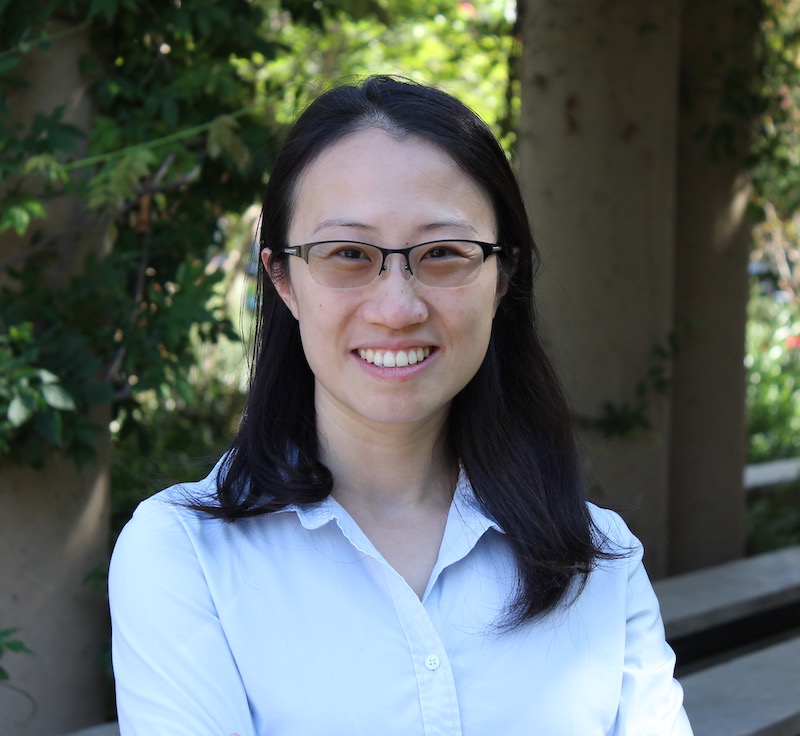Bio

Shuo Han, Ph.D. (CV)
- Assistant Professor of Biochemistry, DST Scholar
- Assistant Professor of Molecular Genetics and Microbiology
- Member, Duke Microbiome Center
- Senior Fellow, Duke Aging Center
Education
- Ph.D., Stanford University School of Medicine (2017)
- B.S., MIT (2009)
I am an Assistant Professor in the Department of Biochemistry at Duke University School of Medicine. I also have a secondary appointment in the Department of Molecular Genetics and Microbiology and am a member of the Cell and Molecular Biology Program. My research is focused on understanding fundamental mechanisms of gut microbiome-host interactions at the molecular, cellular, and organismal levels. My long-term goal is to translate this knowledge into therapeutic opportunities for human health and disease. This research is strongly motivated by the growing medical need to develop therapeutics to treat age-associated decline in gastrointestinal function and overall human health--the gut microbiota offers great potential to help fill this gap.
I have a strong track record of leveraging interdisciplinary approaches and overcoming key technological challenges to propel investigations in the biology of aging and the gut microbiome. In my postdoctoral work, I have developed a cutting-edge metabolomics pipeline using mass spectrometry and bioinformatics. Leveraging this tool, I mapped the human gut microbiome metabolism and identified exciting molecular candidates for modulating host physiology (Han et al, Nature, 2021). In my graduate work, I have discovered a novel role of bioactive lipids linking chromatin biology to longevity, integrating diverse approaches in genetics, biochemistry, transcriptomics, and lipidomics (Han et al, Nature, 2017). Collectively, these efforts underscore my scientific philosophy that interdisciplinary research, in this case driven by mass spectrometry-based small molecule discovery, can enable new lines of inquiry into mammalian aging and physiology.
I believe that education is a great equalizer for people from all backgrounds. Importantly, teaching and learning is best done in a collaborative manner leveraging different perspectives and cultural values. Throughout my career, I relished the opportunities to teach and mentor students: teaching a summer science class with a curriculum that I designed from scratch, leading on-campus mass spectrometry workshops, and mentoring undergraduate and graduate students in the lab. I also sought out outreach opportunities in my community by teaching at local schools. Building on my personal journey as a scientist, I aspire to mentor the next generation of scientists as a faculty member at Duke.